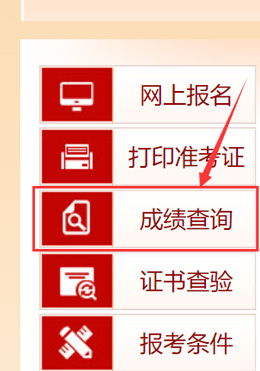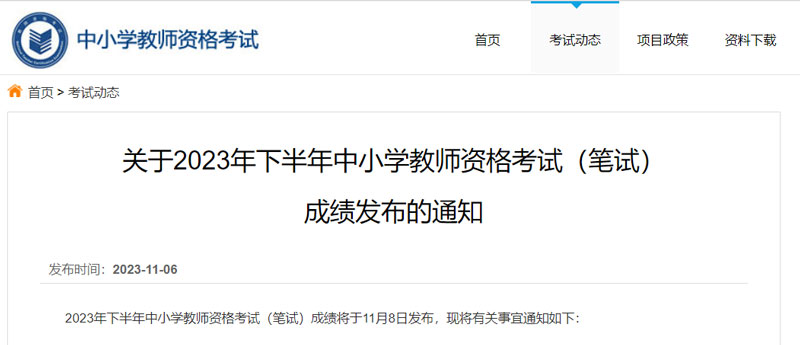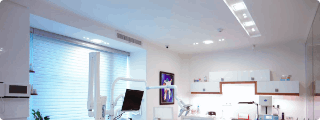[摘要] 同济大学建筑学开题报告:格构式钢管混凝土柱的耐火性能分析一、立
同济大学建筑学开题报告:格构式钢管混凝土柱的耐火性能分析
一、立论依据
课题来源、选题依据和背景情况、课题研究目的、工程应用价值
题目:格构式钢管混凝土柱的耐火性能分析
课题来源:
研究人从事炼钢厂房,连铸厂房以及与钢铁行业相关的工艺平台,管道支架等的结构设计。在设计过程中经常遇见采用格构式钢管混凝土柱的工程;而一方面行业内对钢结构组合结构有防火要求,另一方面钢铁厂相比其他工业厂房更容易发生火灾,因此本研究拟以格构式钢管混凝土柱升温与降温受火性能研究为方向,考察破坏形态及其受火极限状态。
选题依据和背景情况:
钢管混凝土作为一种新型的组合结构,是在钢管内部填加混凝土材料而构成一种新型的构件。钢管混凝土一般简写为 CFST(concrete filled steel tubular),其横截面的布置各有不同,按照形状可以分为圆钢管、矩形钢管、和多边形钢管混凝土。 钢管混凝土构件中的两种组成材料在外荷载作用下发生相互作用,其中最主要的作用为钢管内部核心的混凝土受到来自外围钢管的套箍作用,而处于三向应力状态,使混凝土的强度、塑性等力学性能得到了提高。同时,混凝土的存在,又可避免或延缓钢管容易发生局部屈曲的特性,从而能够发挥钢材的材料强度。钢管混凝土构件具有比钢管和混凝土简单叠加后更高的抗压能力以及良好的塑性、韧性和抗震性能。 此外,钢管混凝土还有延性好,抗压强度高,比钢结构具有更好的抗火性能和更好的抗震性能。在施工中,外套钢管可起到模板的作用,便于直接浇筑混凝土,加快施工进度。综上所述,钢管混凝土构件中钢管和混凝土取长补短,使钢管混凝土构件具有强度高、耐疲劳、抗冲击、延性好、抗震、抗火和便于施工等良好性能
二、文献综述
参考文献:
1.钟善桐. 钢管混凝土结构[M]. 清华大学出版社有限公司, 2003.
2.蔡绍怀. 现代钢管混凝土结构[M]. 人民交通出版社, 2003.
3.欧智菁, 陈宝春. 钢管混凝土格构柱偏心受压面内极限承载力分析[J]. 建筑结构学报, 2006, 27(4): 80-83.
4.廖彦波. 钢管混凝土格构柱轴压性能的试验研究与分析[D]. 清华大学, 2009.
5.蒋丽忠, 周旺保, 伍震宇, 等. 四肢钢管混凝土格构柱极限承载力的试验研究与理论分析[J]. 土木工程学报, 2010 (9): 55-62.
6.陈宝春, 欧智菁. 钢管混凝土格构柱极限承载力计算方法研究[J]. 土木工程学报, 2008, 41(1): 55-63.
7.周文亮. 钢管混凝土格构式柱受力性能研究[D]. 西安科技大学, 2011.
8.Engesser F. Die knickfestigkeitgeraderstäbe[M]. W. Ernst &Sohn, 1891.
9.Duan L, Reno M, Uang C. Effect of compound buckling on compression strength of built-up members[J]. Engineering Journal, 2002, 39(1): 30-37.
10.Razdolsky A G. Euler critical force calculation for laced columns[J]. Journal of engineering mechanics, 2005, 131(10): 997-1003.
11.Razdolsky A G. Flexural buckling of laced column with crosswise lattice[J]. Proceedings of the ICE-Engineering and Computational Mechanics, 2008, 161(2): 69-76.
12.Razdolsky A G. Flexural buckling of laced column with serpentine lattice[J]. The IES Journal Part A: Civil & Structural Engineering, 2010, 3(1): 38-49.
13.Kawano A, Matsui C. Cyclic local buckling and fracture of concrete filled tubular members[C]//Proceedings of an Engineering Foundation Conference on Composite Construction in Steel and Concrete IV, ASCE. 2000, 28.
14.Kawano A, Sakino K. Seismic resistance of CFT trusses[J]. Engineering structures, 2003, 25(5): 607-619.
15.Kawano A, Sakino K, Kuma K, et al. Seismic resistant system of multi-story frames using concrete-filled tubular trusses[J]. Int Society of Offshore and Polar Engineers. Cupertino, CA, 2002: 95015-0189.
16.Kawano A, Matsui C. The deformation capacity of trusses with concrete filled tubular chords[C]//Proceedings of an Engineering Foundation Conference on Composite Construction in Steel and Concrete IV, ASCE. 2000, 28.
17.Klingsch W. New developments in fire resistance of hollow section structures[C]//Symposium on hollow structural sections in building construction. 1985.
18.Klingsch W. Optimization of cross sections of steel composite columns[C]//Proc. of the Third International Conference on Steel-Concrete Composite Structures, Special Volume, ASCCS, Fukuoka. 1991: 99-105.
19.Lie T T, Cowan H J. Fire and buildings[M]. Applied Science Publishers Limited, 1972.
20.Lie T T, Chabot M. Experimental studies on the fire resistance of hollow steel columns filled with plain concrete[J]. 1992.
21.Lie T T, Stringer D C. Calculation of the fire resistance of steel hollow structural section columns filled with plain concrete[J]. Canadian Journal of Civil Engineering, 1994, 21(3): 382-385.
22.Lie T T, Chabot M. Evaluation of the fire resistance of compression members using mathematical models[J]. Fire safety journal, 1993, 20(2): 135-149.
23.Kodur V K R. Performance-based fire resistance design of concrete-filled steel columns[J]. Journal of Constructional Steel Research, 1999, 51(1): 21-36.
24.Wang Y C, Davies J M. An experimental study of the fire performance of non-sway loaded concrete-filled steel tubular column assemblies with extended end plate connections[J]. Journal of Constructional Steel Research, 2003, 59(7): 819-838.
25.Ding J, Wang Y C. Realistic modelling of thermal and structural behaviour of unprotected concrete filled tubular columns in fire[J]. Journal of Constructional Steel Research, 2008, 64(10): 1086-1102.
26.Hong S, Varma A H. Analytical modeling of the standard fire behavior of loaded CFT columns[J]. Journal of Constructional Steel Research, 2009, 65(1): 54-69.
27.钟善桐. 钢管混凝土耐火性能研究的几个问题和方法[J]. 中国钢协钢-混凝土组合结构协会第六次年会论文集 (上册), 1997.
28.贺军利, 钟善桐. 钢管混凝土柱耐火全过程分析[J]. 中国钢协钢-混凝土组合结构协会第六次年会论文集 (上册), 1997.
29.钟善桐. 第六章钢管混凝土的防火[J]. 建筑结构, 1999 (7): 55-57.
30.查晓雄, 钟善桐. Behaviour of concrete filled steel tubular columns under fire[J]. 哈尔滨工业大学学报, 2002, 9(3).
31.李易, 查晓雄, 王靖涛. 端部约束对钢管混凝土柱抗火性能的影响[J]. 中国钢结构协会钢-混凝土组合结构分会第十次年会论文集, 2005.
32.徐超, 张耀春. 四面受火方形薄壁钢管混凝土轴心受压短柱抗火性能的分析[J]. 中国钢结构协会钢-混凝土组合结构分会第十次年会论文集, 2005.
33.王卫华, 陶忠. 钢管混凝土平面框架温度场有限元分析[J]. 工业建筑, 2007, 37(12): 39-43.
34.王卫华, 陶忠. 钢管混凝土柱-钢筋混凝土梁框架结构温度场试验研究[J]. 工业建筑, 2009 (4): 18-21.
三、研究内容
四、研究基础
1.所需工程技术、研究条件
本科硕士阶段所学习的课程:钢结构基本原理与设计、组合结构设计、结构抗火设计、
有限单元法。
研究条件:能够掌握有限软分析、熟悉结构设计、有一定的理论基础。
2.所需经费,包含经费来源、开支预算(工程设备、材料须填写名称、规格、数量)










